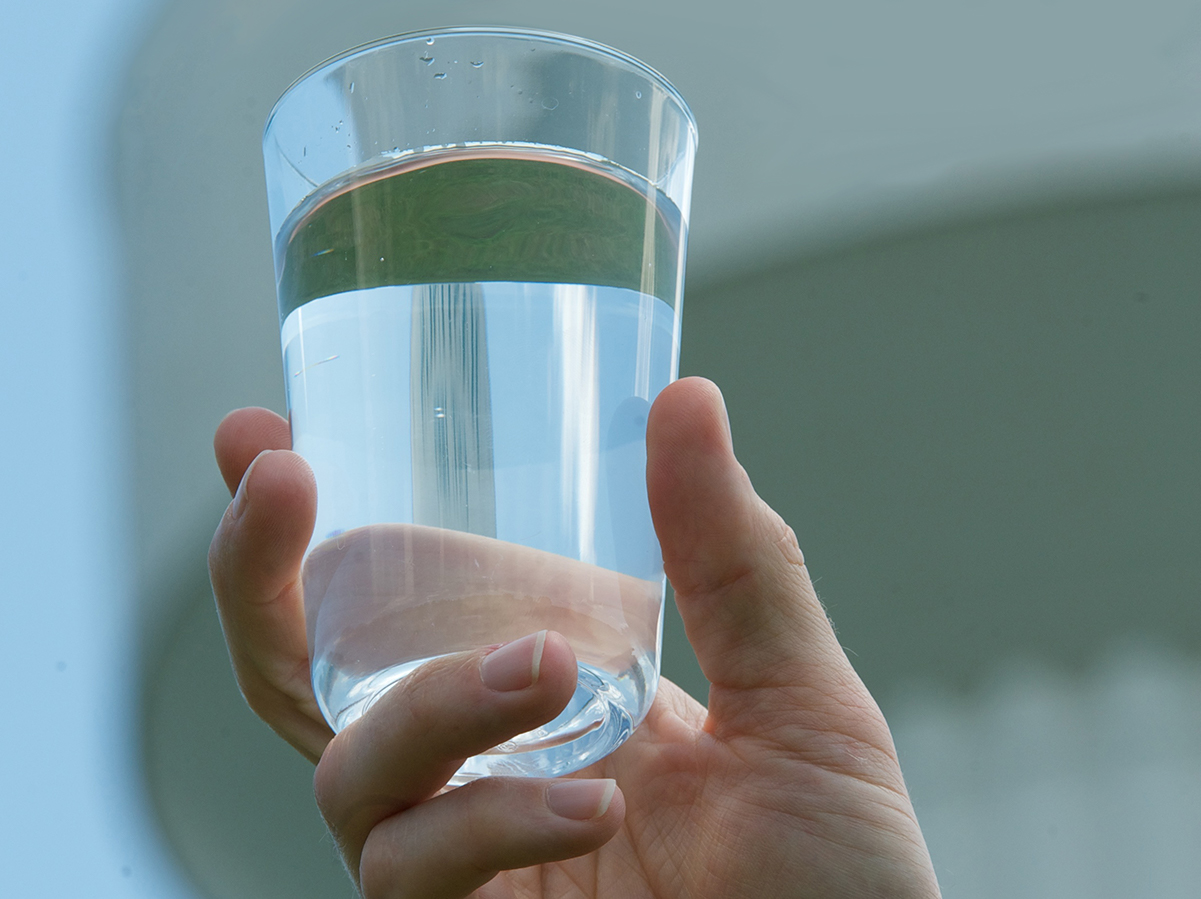EPA says state needs to clean up drinking water in SE Minnesota

All Minnesotans need safe drinking water. (Photo by Anna Botz)
In response to a petition FMR signed last spring with ten other environmental organizations, the U.S. Environmental Protection Agency (EPA) is mandating action from the state to provide safe drinking water to all Minnesotans.
Because nitrate levels in private and public wells are endangering drinking water in southeastern Minnesota, the petition asked the EPA to address this public health crisis under the federal Safe Drinking Water Act.
In early November, the EPA responded. (Read the press release from petition lead Minnesota Center for Environmental Advocacy.) Minnesota will now have to test drinking water, give notice to affected residents and offer alternative safe drinking water. On top of that, the state will need to come up with a long-term solution to our nitrate problem in southeastern Minnesota.
Why is nitrate pollution a problem in southeastern Minnesota?
Nitrate pollution in groundwater largely comes from agricultural fertilizer and manure. In Minnesota, rural cities and towns surrounded by conventional crop agriculture and concentrated animal feeding operations face contaminated wells — an expensive and dangerous problem. (Read more on the crisis from MPR News.)
Minnesota has taken steps to reduce nitrate and other groundwater pollution from croplands. FMR advocated for the Groundwater Protection Rule, which was adopted four years ago. But the state hasn't fully implemented the plan.
Southeastern Minnesota remains threatened, partly due to the geology of the ground itself — the Karst region is an area where contaminants more easily flow into drinking water supply.
The need for continuous living cover and clean-water crops
The rule is a good start, but we can't get to clean water by nitrate reduction alone.
We need economically viable clean-water crops on the landscape that protect our land and water while maintaining farm profits and reviving our rural economy.
That’s why FMR and our partners are working hard on initiatives like Forever Green and the CLC Value Chain Development Grants Program. Join us to advocate for clean-water crops this legislative session by becoming a River Guardian.
Become a River Guardian
Sign up and we'll email you when important river issues arise. We make it quick and easy to contact decision-makers. River Guardians are also invited to special social hours and other events about legislative and metro river corridor issues.